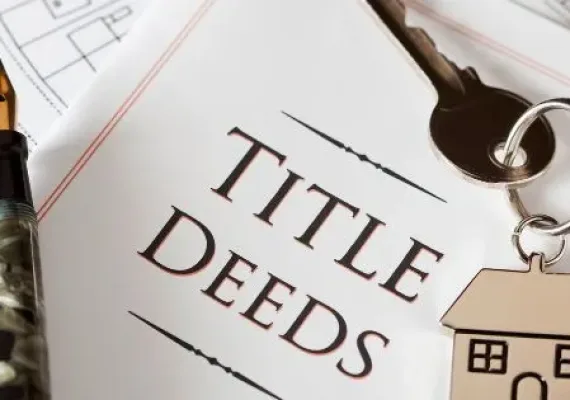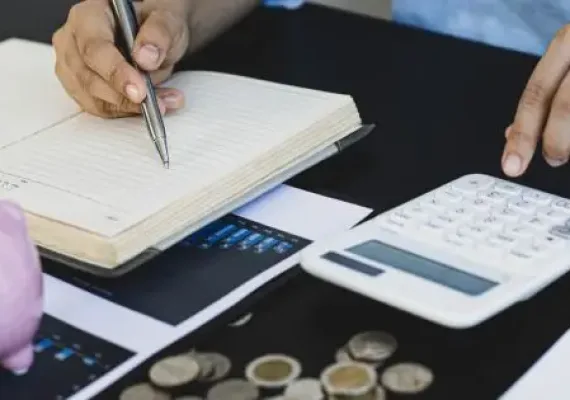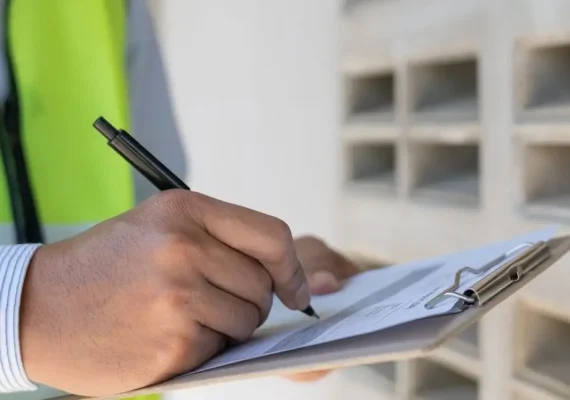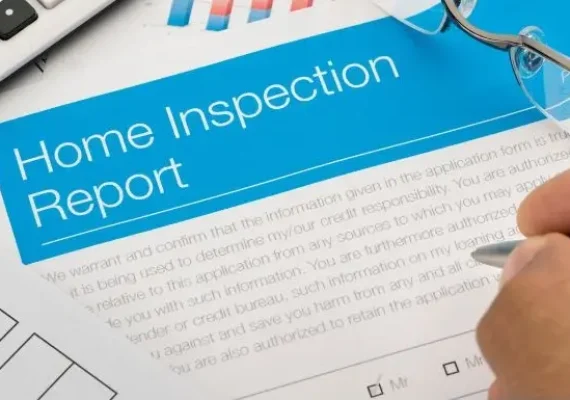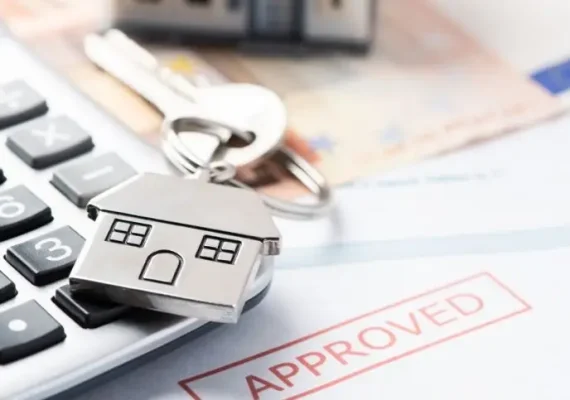Hey there, future homeowner! Are you ready to dive into the world of real estate transactions? Well, buckle up because we’re about to talk about something that’s often overlooked but incredibly important: earnest money. You might be wondering, “What’s the big deal?” Trust me, when it comes to protecting your hard-earned cash, it’s a pretty big deal indeed.
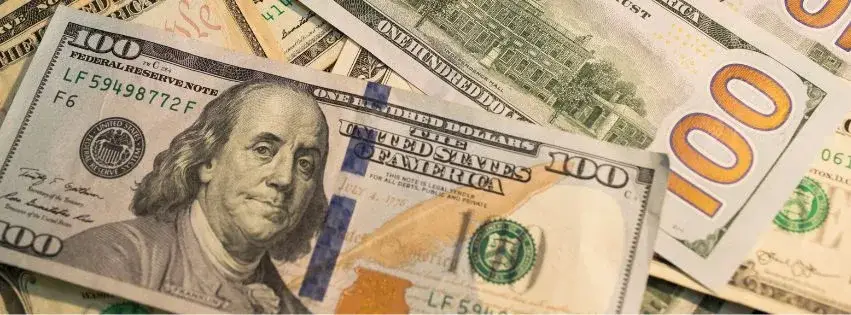
Understanding the Importance of Earnest Money
Earnest money is like a promise ring for your dream home. It’s a deposit you make to show the seller you’re serious about buying their property. Think of it as your way of saying, “I’m not just window shopping here, I mean business!” This good-faith deposit typically ranges from 1% to 3% of the purchase price, which can be a significant chunk of change.
Risks Associated with Earnest Money
Now, here’s where things can get a bit tricky. Your earnest money is at risk from the moment you hand it over. If something goes wrong with the deal, you could potentially lose this deposit. Scary, right? But don’t worry, I’m here to guide you through the process of protecting your earnest money like a pro.

5 Steps to Protect Your Earnest Money
Research the Seller and Property
First things first, do your homework! Before you even think about writing that earnest money check, make sure you know who you’re dealing with. Research the seller and the property thoroughly. Are there any red flags? Any liens on the property? A little detective work upfront can save you a lot of headaches later.
Work with a Reputable Real Estate Agent
A good real estate agent is worth their weight in gold (or in this case, earnest money). They can guide you through the process, help you understand the local market, and spot potential issues before they become problems. Don’t be shy about asking for references and checking their credentials.
Use a Trusted Escrow Account
When it comes to where to keep your earnest money, think of it like choosing a babysitter for your cash. You want someone trustworthy and reliable. A neutral third-party escrow account is your best bet. This way, neither you nor the seller has direct access to the funds until the conditions of the sale are met.
Read and Understand the Purchase Agreement
I know, I know. Legal documents are about as exciting as watching paint dry. But trust me on this one – reading and understanding your purchase agreement is crucial. This document outlines all the terms and conditions of the sale, including what happens to your earnest money in various scenarios. If something doesn’t make sense, ask questions!
Include Contingencies in the Contract
Contingencies are like your safety net when it comes to protecting your earnest money. They’re conditions that need to be met for the sale to go through. If these conditions aren’t met, you can often back out of the deal and get your earnest money back.
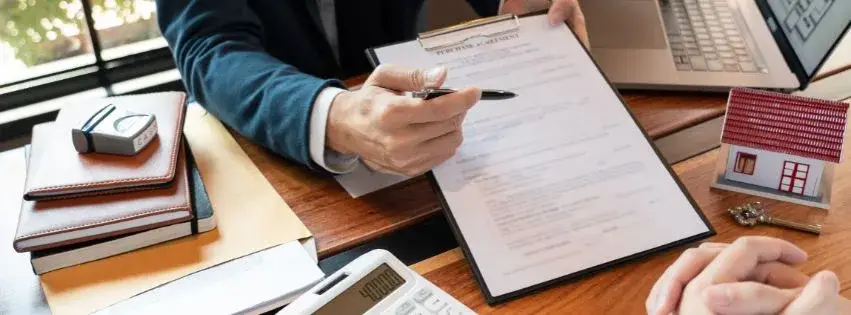
Common Contingencies to Consider
Financing Contingency
This contingency says, “Hey, if I can’t get a loan, I’m not on the hook for this house.” It protects you if you’re unable to secure financing for the purchase.
Appraisal Contingency
What if the house isn’t worth what you agreed to pay? An appraisal contingency lets you back out or renegotiate if the property appraises for less than the purchase price.
Inspection Contingency
This is your “get out of jail free” card if the home inspection reveals significant issues. It allows you to walk away (with your earnest money) if the house has more problems than you’re willing to take on.
Title Contingency
This contingency protects you from any hidden surprises in the property’s history. If there are issues with the title that can’t be resolved, you can back out of the deal.
Sale of Existing Home Contingency
If you need to sell your current home to buy the new one, this contingency gives you an out if your home doesn’t sell in time.
Negotiating Earnest Money Terms
Remember, everything is negotiable in real estate. Don’t be afraid to discuss the earnest money terms with the seller. Maybe you can negotiate a smaller deposit or more favorable conditions for its return. It never hurts to ask!
Documenting the Earnest Money Transaction
Paper trails are your friend when it comes to protecting your earnest money. Keep detailed records of all transactions, communications, and agreements. This documentation can be a lifesaver if disputes arise later.
Monitoring the Escrow Process
Once your earnest money is in escrow, don’t just forget about it. Stay engaged in the process. Keep in touch with your real estate agent and the escrow company. The more aware you are of what’s happening, the better positioned you are to protect your interests.
Understanding Earnest Money Release Conditions
Know exactly what needs to happen for your earnest money to be released. Whether it’s returning to you or being applied to the purchase, understanding these conditions is crucial. Don’t be afraid to ask for clarification if anything is unclear.
Resolving Disputes over Earnest Money
Sometimes, despite our best efforts, disputes happen. If you find yourself in a disagreement over earnest money, stay calm. Try to resolve the issue amicably first. If that doesn’t work, you may need to consider mediation or legal action.
Legal Recourse for Earnest Money Protection
If things go south, know your legal options. Consult with a real estate attorney who can advise you on the best course of action. Sometimes, just having legal representation can help resolve disputes more quickly.
Tips for Recovering Earnest Money
If you need to recover your earnest money, act quickly. Review your contract, gather all relevant documentation, and communicate clearly with all parties involved. The faster you act, the better your chances of getting your money back.
Red Flags to Watch Out For
Trust your gut. If something feels off about the transaction, it probably is. Be wary of sellers who pressure you to waive contingencies or increase your earnest money deposit. These could be red flags that warrant further investigation.
The Role of Insurance in Protecting Earnest Money
Did you know there’s such a thing as earnest money insurance? It’s not widely used, but it can provide an extra layer of protection. Consider talking to your real estate agent or insurance provider about this option.
Conclusion
Protecting your earnest money doesn’t have to be a nail-biting experience. By doing your research, working with professionals, understanding your contract, and staying engaged in the process, you can significantly reduce your risk. Remember, this is your money we’re talking about – it’s worth taking the time to protect it properly.
For more house buying and selling tips, consider exploring Real Estate News & Tips or subscribing to our newsletter.
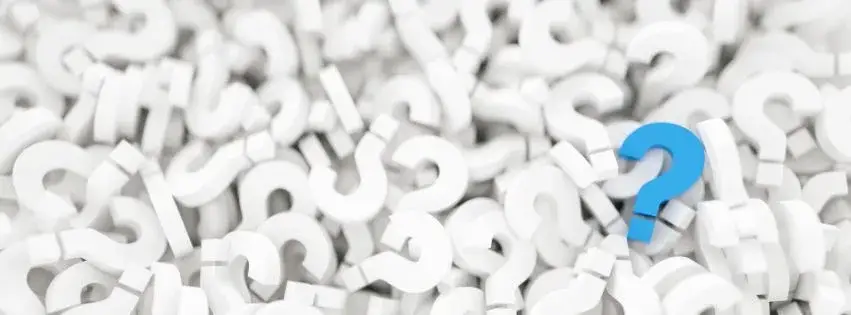
FAQs
Can I pay earnest money with a credit card?
Generally, no. Earnest money is typically paid by personal check, certified check, or wire transfer. Credit cards are rarely accepted for this purpose.
How long does it take to get earnest money back if the deal falls through?
It depends on the terms of your contract and the reason for the deal falling through. It can take anywhere from a few days to several weeks.
Is earnest money the same as a down payment?
No, they’re different. Earnest money is a deposit made to secure the contract, while a down payment is a larger sum paid at closing and goes towards the purchase price of the home.
Can I get my earnest money back if the seller backs out?
Generally, yes. If the seller fails to fulfill their obligations under the contract, you should be entitled to a refund of your earnest money.
What happens if I back out of the deal for a reason not covered by contingencies?
In most cases, you may forfeit your earnest money to the seller. This is why it’s crucial to have appropriate contingencies in place.


